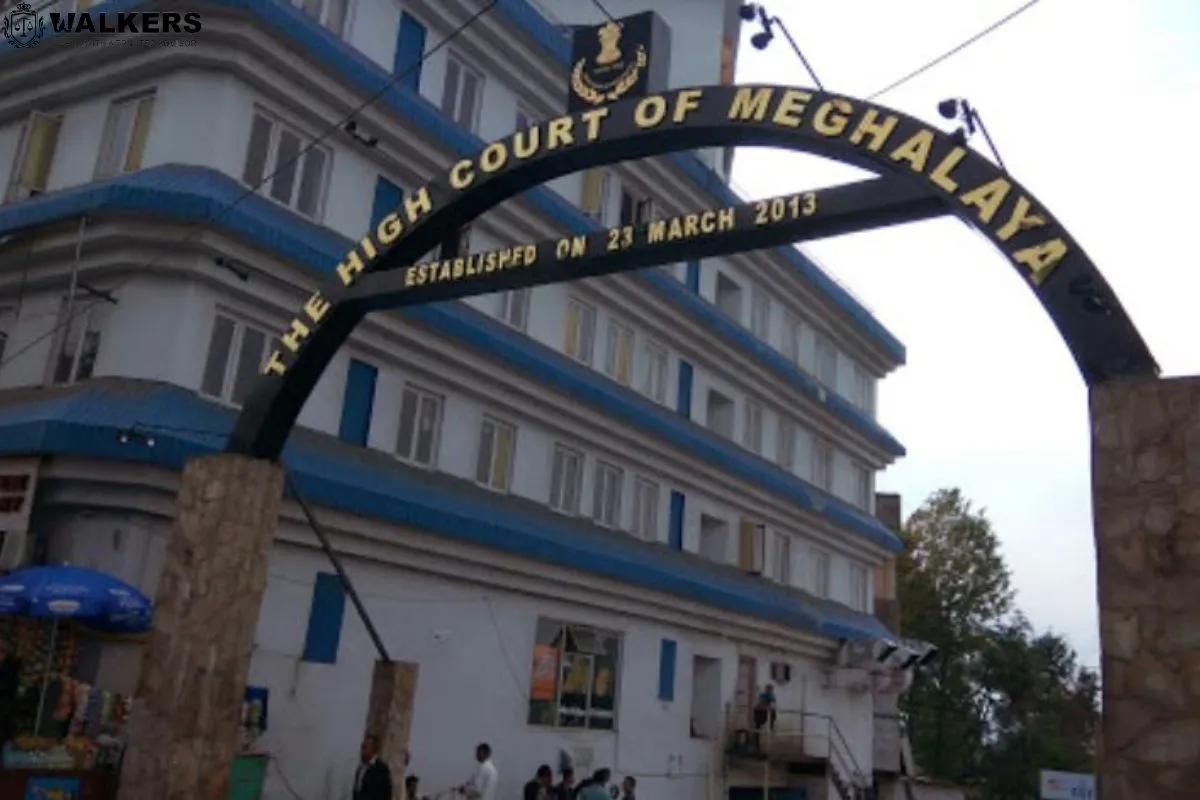


"High Court of Meghalaya: Lack of Witnesses Not a Valid Ground to Acquit Accused in POCSO Cases"
The High Court of Meghalaya, in the case of Arjun Das vs. State of Meghalaya & ors, has ruled that the absence of witnesses in sexual assault cases under the Protection of Children from Sexual Offences Act (POCSO Act) cannot be used as a justification to exonerate the accused. Chief Justice Sanjib Banerjee and Justice W Diengdoh emphasized that these offenses often occur in secluded locations after the accused has lured the victims, making them unlikely to take place in public view.
The court highlighted that when the survivor is a child, it is highly improbable for them to fabricate a story about such an incident. The court stated, "The law necessitates that the survivor's allegations be taken seriously and, if found credible, be accepted... When the survivor is a child, particularly up to the age of 11-12, unless the court finds the child to be exceptionally precocious in concocting and consistently repeating a story, the lack of witnesses to the sexual assault incident alone cannot absolve the accused."
Additionally, the court rejected the notion that uncorroborated allegations and complete denials by the accused should render the survivor's account as untrue. It asserted that sexual offenses are typically committed discreetly and surreptitiously, often when the survivor is alone or enticed to a secluded location. The court called for a dismissal of the routine defense tactic employed by accused individuals facing charges of rape or sexual assault.
The aforementioned observations were made while dismissing an appeal by a tuition teacher who had been convicted of aggravated penetrative sexual assault against one of his 9-year-old students. Medical examinations conducted during the investigation had revealed lacerations and tears in the survivor's anus.
The petitioner's defense relied on the fact that his brother and another student, who were attending the tuition class at the time, were not examined during the trial to substantiate the allegations. However, the High Court determined that based on the credible statement of the survivor, medical evidence, and the absence of errors in the trial court proceedings, the case was clear-cut.
The judgment stated, "The failure to cite Babuji [the petitioner's brother] as a witness by the prosecution or the potential exaggeration of the duration of the tuition class by the survivor's father does not diminish the highly credible account provided by the nine-year-old survivor in his Section 164 statement and his description of the incidents during the medical examination."
The court further observed that no obstacles existed during the trial to call witnesses for examination. As the appellant failed to call such individuals as defense witnesses despite being given the opportunity to do so, the court concluded that the appellant could not speculate on what these individuals might have stated to undermine the consistent version provided by the survivor.
Consequently, the appeal was dismissed. Advocate PT Sangma represented the accused, while Government Advocates R Gurung and S Shyam appeared for the State government.
Click Here to: Download/View Related File
TAGS: Meghalaya High Court sexual assault witnesses POCSO Act accused Chief Justice Justice offenses public view secretly survivors child credible story consistent untrue uncorroborated allegations denials defense rape assault stealthily surreptitiously secluded spot tuition teacher convicted aggravated penetrative sexual assault 9-year-old student medical examination lacerations tears anus brother trial open-and-shut case defense witnesses dismissed advocates State government.